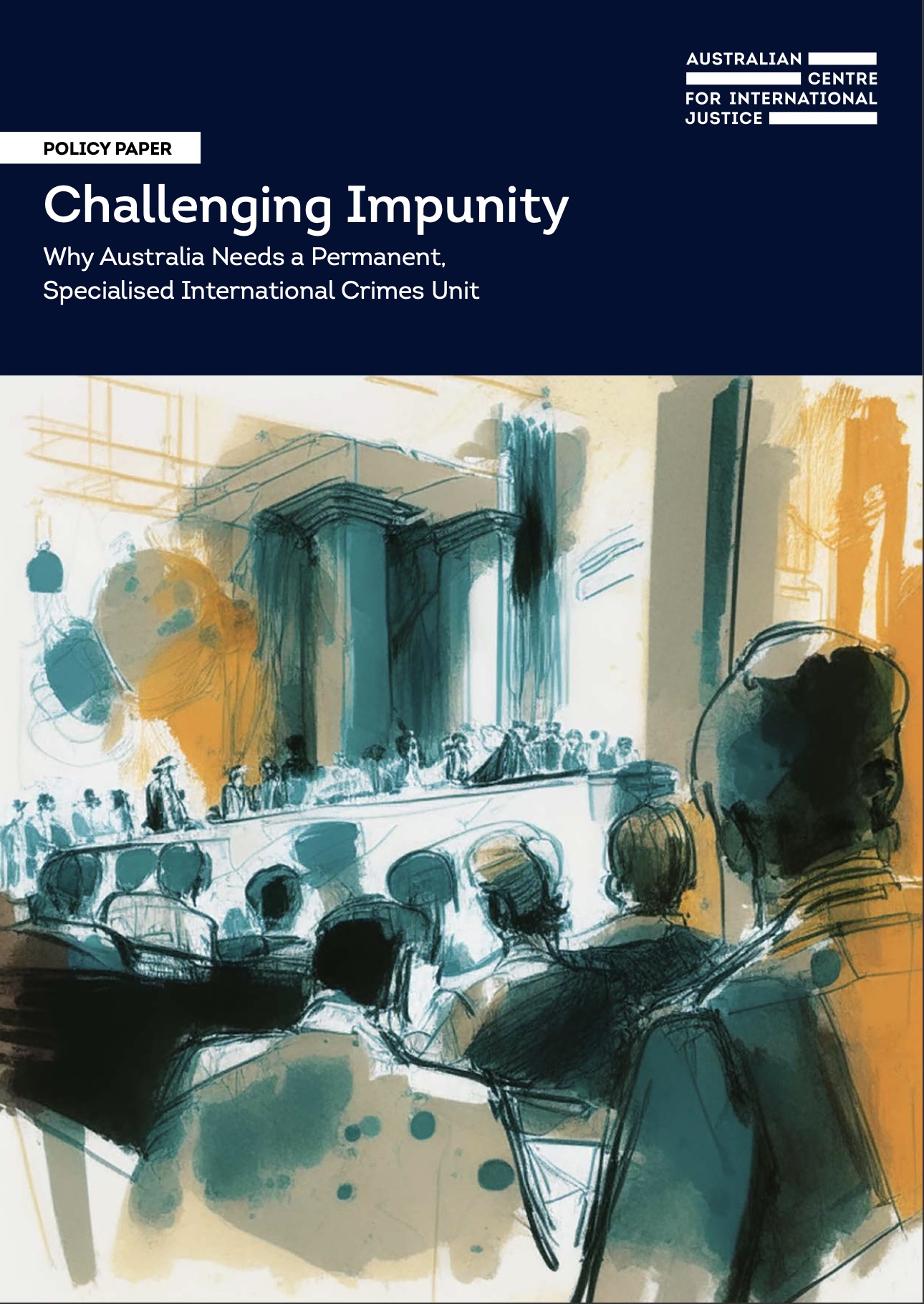
28 September 2023
In a world marked by conflict, unrest and serious human rights abuses, survivor communities and the civil society organisations that represent them continue to seek avenues for accountability and justice. One such avenue is international criminal justice, which allows for the investigation and prosecution of perpetrators suspected of committing grave international crimes such as genocide, crimes against humanity, war crimes and torture. Despite the availability of international criminal law as an accountability mechanism, far too often there is an impunity gap in respect of perpetrators who evade justice in the territories in which atrocities have been committed and are not subject to the jurisdiction of international courts and tribunals.
Is there a way for this impunity gap to be addressed? Yes: through the investigation and prosecution of international crimes, within domestic legal systems, under the principle of universal jurisdiction and other forms of extraterritorial jurisdiction.
The paper explores the rise in domestic accountability processes for atrocity crimes overseas, and outlines Australia’s chequered history of international crimes investigations. Drawing on research and experience from overseas jurisdictions, the paper advocates for the creation of a permanent, specialised international crimes unit in Australia, and outlines recommendations for the establishment of an effective unit.